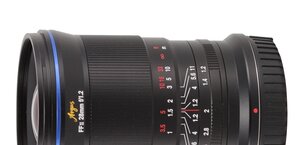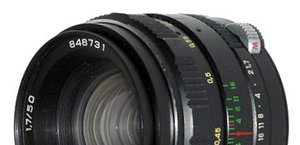Panasonic Leica DG Elmarit 200 mm f/2.8 POWER O.I.S.
5. Chromatic and spherical aberration
Chromatic aberration
Photos below prove well that the Panasonic Leica DG Elmarit 200 mm f/2.8 POWER O.I.S. doesn’t have any problems with longitudinal chromatic aberration. Even at the maximum relative aperture and in blurry area positioned further on it would be difficult to notice any colouring. This statement remains true for both the lens and the lens plus the converter set.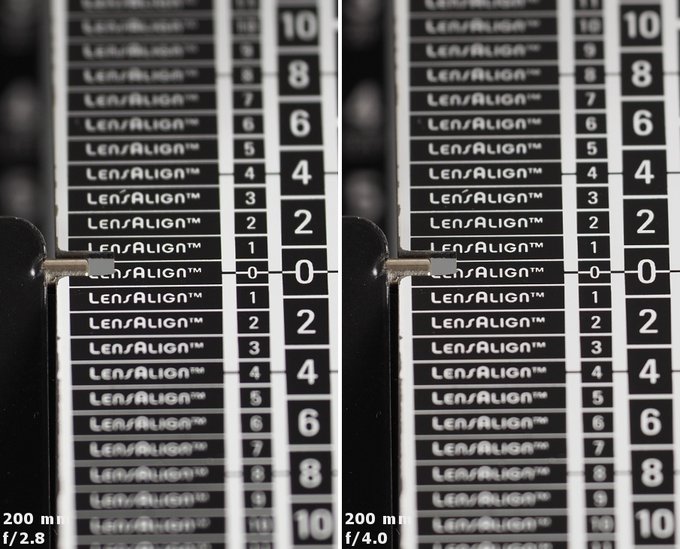 |
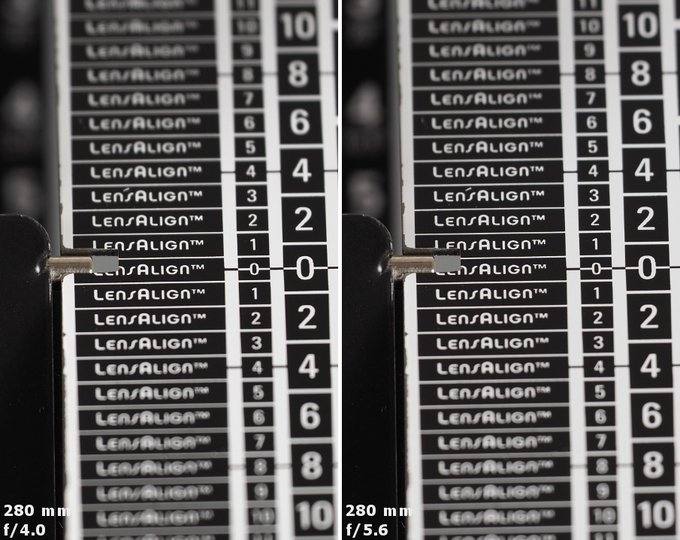 |
Now let’s check the situation of lateral chromatic aberration; the graph below allows you to assess the lens’s performance.
Please Support UsIf you enjoy our reviews and articles, and you want us to continue our work please, support our website by donating through PayPal. The funds are going to be used for paying our editorial team, renting servers, and equipping our testing studio; only that way we will be able to continue providing you interesting content for free. |
- - - - - - - - - - - - - - - - - - - - - - - - - - - - - - - - - - - - - - - - - - - - - - - -
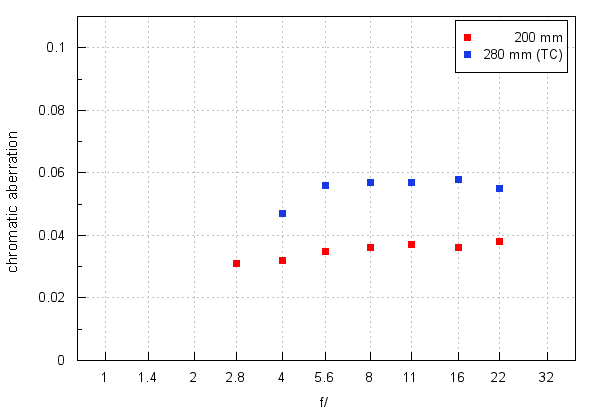
The results of the lens itself range from 0.03 to 0.04%; it means this aberration level is very low. After attaching the teleconverter the values increase to almost 0.06% but they still can be called low. Overall, when it comes to lateral chromatic aberration the tested lens won’t be troublesome at all.
| Olympus E-M5 II, 200 mm, RAW, f/5.6 | Olympus E-M5 II, 280 mm, RAW, f/8.0 |
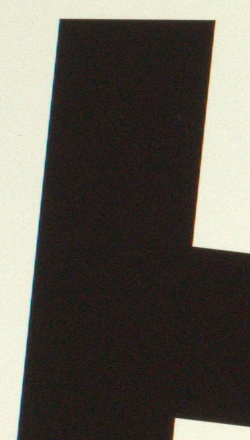
|
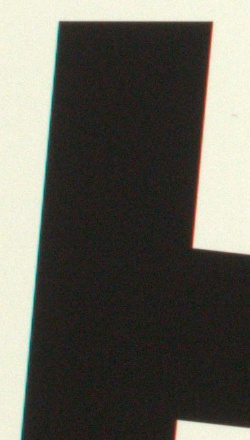
|
Spherical aberration
The tested lens didn’t have any „focus shift” effect and circles we created in front of and behind the focus were beyond reproach. Adding to that its sensational image quality by f/2.8 we can state the tested Panasonic has no problems whatsoever with spherical aberration. The same is true when it comes to the lens plus the teleconverter combination.| Olympus E-M5 II, 200 mm, f/2.8, in front of | Olympus E-M5 II, 200 mm, f/2.8, behind |
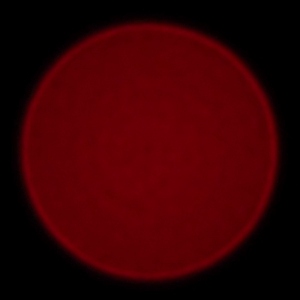
|
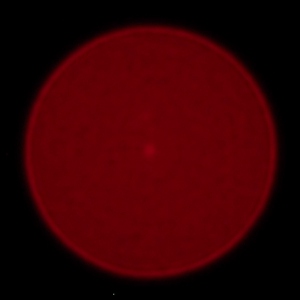
|
| Olympus E-M5 II, 280 mm (TC), f/4.0, in front of | Olympus E-M5 II, 280 mm (TC), f/4.0, behind |
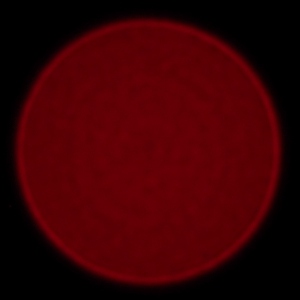
|
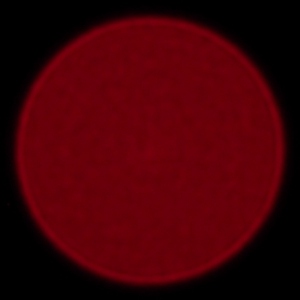
|




